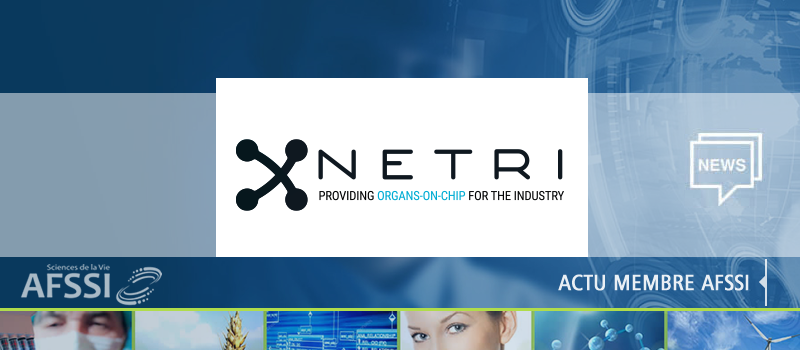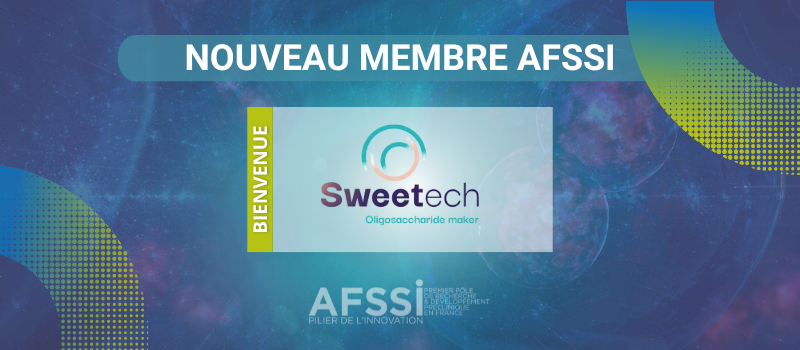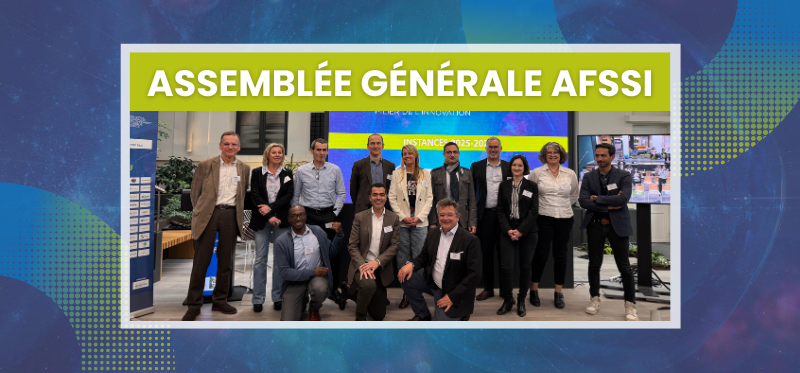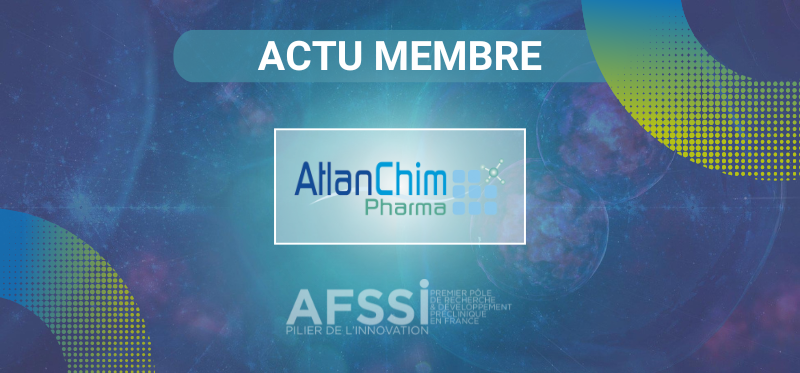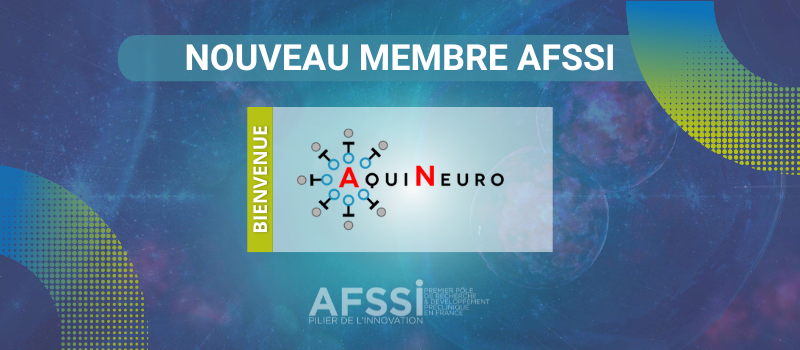Notre membre NETRI collabore avec Tessara Therapeutics pour développer une famille de modèles d’organes sur puce de nouvelle génération pour les maladies neurologiques.
- Tessara and NETRI will collaborate to combine the RealBrain® neural micro-tissues with the NeoBentoTM high-throughput microfluidic platform.
- The combination of the physiological relevance of fully functional 3D neural micro-tissues with the high-throughput microfluidics platform is expected to deliver a family of next generation drug discovery tools.
The new models will combine Tessara’s RealBrain® 3D neural micro-tissues with NETRI’s NeoBento™ microfluidic platform, thereby enabling investigation of normal and disease states in a high-throughput, multi-tissue interconnected architecture that incorporates 3D micro-tissues with heterogeneous cell populations and functional neural networks.
RealBrain® micro-tissues combine high biological complexity in a model that is also scalable and reproducible. Automated production of RealBrain® micro-tissues starts with encapsulation of human neural precursor cells in Tessara’s proprietary biomaterials, followed by only 3 weeks of in vitro development in a single culture medium. The resulting micro-tissues have intrinsic optical clarity and contain heterogenous populations of neurons and glia, with mature, functional neural networks supported by cell-secreted extracellular matrix. RealBrain® models include the ArtiBrain™ model of normal brain tissue and the ADBrain™ model of Alzheimer’s disease.
Preclinical in vitro assays based on conventional techniques are not able to reproduce the complexity of human neurodegenerative diseases, leading to a significant failure rate in clinical trials of innovative treatments. Based on an ongoing momentum of high adoption of alternative to animal models, NETRI has developed a highly disruptive approach using organs-on-chip technologies particularly suited for long-term culture of neuronal 3D organoids (reference publication) and for co-culture of neural and non-neural cells. NETRI’s compartmentalized microfluidic devices combine several technological building blocks based on the proprietary NeoBento™ format (matching 96-well microplate alignment for high-throughput screening and imaging on microscopes, including confocal microscopy), 3D Deposition Chamber (for precise control of cell density and homogeneity as well as media change), Microchannels (to connect compartments and ensure fluidic isolation), Integrated porous membranes (to mimic interfaces as blood/brain, skin…) and MEA compatibility (to continuously record electrophysiological signals and dynamics of the entire array).
Dr Christos Papadimitriou, CEO of Tessara Therapeutics said: “Tessara is excited to collaborate with NETRI and combine our deep insights in neuroscience, 3D cell-based assays and biomaterials with the unique potential of their microfluidic platform. With commercialisation of the RealBrain® platform, Tessara aims to create a new “gold standard” for neurological drug screening. We very much look forward to joining forces with NETRI to maximise the impact of both our companies’ platforms.”
Dr Thibault Honegger, CEO of NETRI said: “We are currently observing a rising market traction from the pharmaceutical industrial for organs on chip that combine both high-throughput compatibility to maximize predictability of our models but also high relevance using human-derived models. This collaboration will certainly open the route to address the market needs thanks to NETRI’s NeoBento neurofluidics and multifluidics products for repeatable assays and Tessara’s RealBrain® 3D cell culture for high relevancy. I believe such collaboration will expand possibilities of both companies and lead to faster, more reliable and more ethical preclinical trials.”


